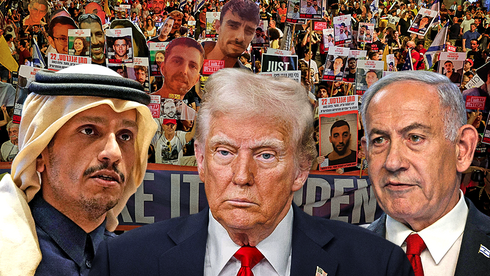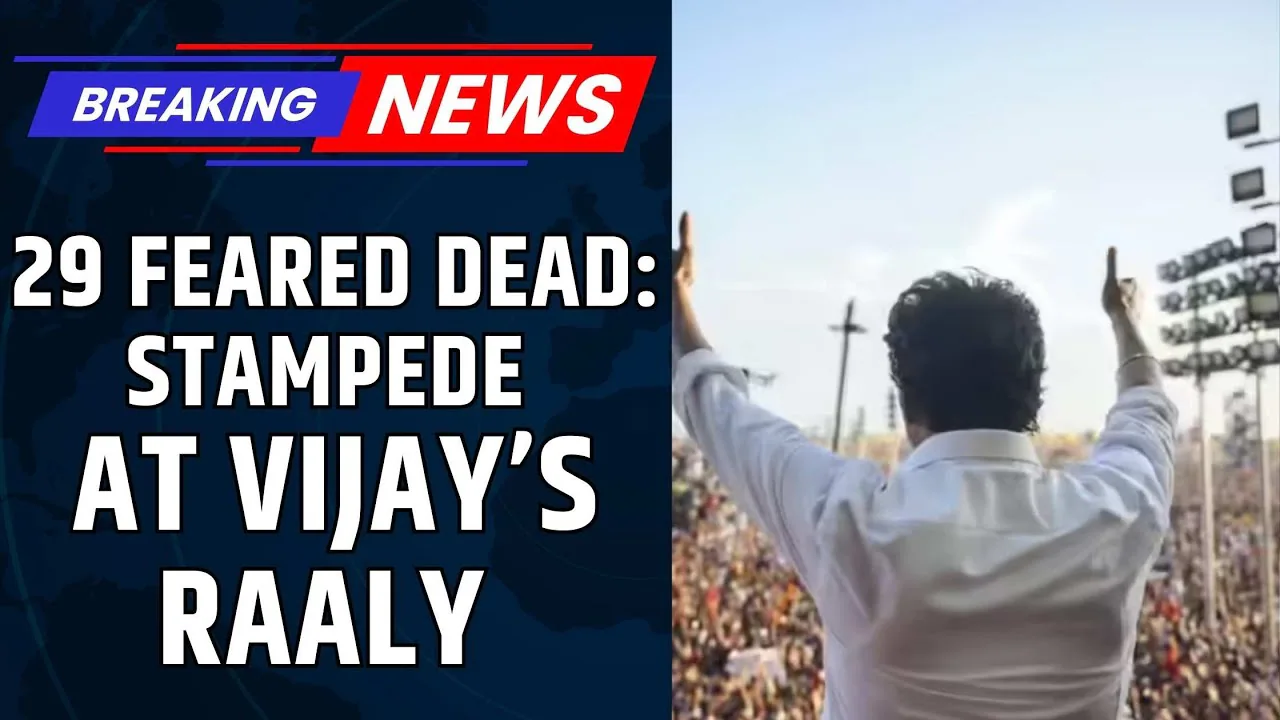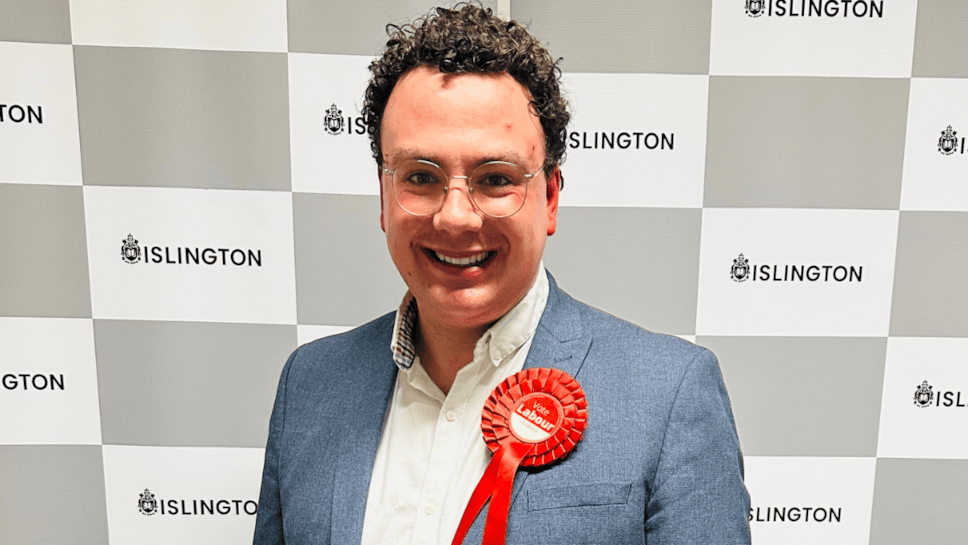By Itamar Eichner, Lior Ben Ari
Copyright ynetnews

President Donald Trump’s proposal to end the war in Gaza is facing strong resistance and uncertainty as Israel, Hamas and key Arab states weigh the details of a plan that touches on hostages, future governance of the enclave and the role of international forces. The Wall Street Journal reported this week that Israel helped shape the plan and pressed for amendments included in the final draft. The newspaper noted that the proposal stops short of endorsing a two-state solution, instead referring to “the aspiration of the Palestinian people” for self-determination. Arab officials told the paper that the absence of a clear path to Palestinian statehood could make Saudi Arabia and other states reluctant to finance the deal. At his weekly Cabinet meeting, Prime Minister Benjamin Netanyahu said the plan used “complex wording” on the question of a Palestinian state. “The Palestinian Authority is off the table,” he said. “Even to the Peace Council, no representatives are being appointed from it. The conditions are many and stringent, and Israel and the U.S. will decide whether the PA meets them.” U.S. officials have insisted that if Hamas rejects the plan, Washington, Israel and international partners would move forward in areas of Gaza already outside Hamas’ control. Arab participants in discussions included officials from Qatar, Saudi Arabia and the United Arab Emirates. Hostages at the center The plan requires all Israeli hostages, alive and dead, to be returned within 72 hours of Israel’s public acceptance. In exchange, Israel would release 250 Palestinians serving life sentences and 1,700 Gazans arrested after Hamas’ Oct. 7, 2023, assault, including all women and minors. For each deceased Israeli hostage returned, Israel would transfer the remains of 15 Gazans. Hamas may find that demand difficult to meet. The group has claimed that it does not know the location of all the hostages, saying some were lost during Israeli bombardments. Analysts believe the group could ask to release captives in phases, rather than all at once. Israeli officials stressed that political approval of the deal will only begin after Hamas agrees. If that happens, an Israeli delegation would travel to Doha for detailed talks. As in previous ceasefire attempts, both sides would have to negotiate complicated security issues, including withdrawal lines for the Israel Defense Forces, intelligence activity and deployment of forces. Netanyahu is expected to win Cabinet approval for any deal, though not without opposition from far-right ministers. Arab pressure and mediation Arab officials told the Journal that while the plan calls for an immediate release of hostages, Hamas could resist due to operational difficulties. They also stressed that without a pathway to Palestinian statehood, Saudi Arabia is unlikely to back the initiative. At the same time, officials from Qatar, Egypt and Turkey reportedly met with Hamas negotiators to discuss the plan. Al-Jazeera reported that Hamas “confirmed it will responsibly study the American ceasefire proposal” and issue an official response after consultations with other Palestinian factions. Sources in Qatar, Egypt and Turkey delivered a stark warning to Hamas leadership: the deal is the last chance to end the war before Gaza’s situation collapses further. According to the reports, they told the group they will not be able to continue providing political, economic or diplomatic backing if it rejects the ceasefire terms. “This is a decisive moment,” they said. “Any delay or evasion will sever ties and deepen Hamas’ international isolation.” Trump’s role and the Peace Council President Trump announced that he will personally head a new “Peace Council” tasked with overseeing Gaza’s transition. Former British Prime Minister Tony Blair is among those expected to serve alongside Arab and international representatives. The plan calls for a temporary international stabilization force, known as the ISF, to enter Gaza immediately. The ISF would be tasked with training vetted Palestinian police forces, coordinating with Israel and Egypt to secure the borders and prevent arms smuggling, and ensuring the safe flow of goods. So far, no country has formally agreed to contribute soldiers, but estimates suggest that thousands could be drawn from the United Arab Emirates, Saudi Arabia and Azerbaijan. A senior Israeli official said the plan is not open to renegotiation. “The plan presented by President Trump is a ‘yes or no’ proposition,” the official said. The White House, however, has indicated it may allow minimal adjustments, but no drawn-out process. Hamas response Diplomatic officials expect Hamas will not outright reject the plan but instead answer with conditions. The group has already signaled it may not be able to release all hostages within 72 hours and could seek a phased timetable. Qatar’s prime minister and foreign minister, Mohammed al-Thani, said in an interview with Al-Jazeera that Hamas had received the plan and that discussions were “general.” He added, “We hope everyone will view the proposal constructively and seize the opportunity to end the war.” Al-Thani said the plan “achieves the main goal of ending the war,” but acknowledged that “there are issues requiring clarification and negotiation.” He pointed specifically to the question of IDF withdrawal. “Arab and Islamic countries have made every effort to keep Palestinians on their land and achieve a two-state solution,” he said. Prisoners and internal politics One of the most contentious issues is Israel’s release of Palestinian prisoners. Israel has said it will not free symbolic figures such as Marwan Barghouti. Still, with about 280 Palestinians serving life sentences in Israeli prisons, officials fear that nearly all could end up being freed. Netanyahu will need Cabinet approval for the agreement, where he is expected to secure a majority. But far-right factions are expected to strongly oppose large-scale prisoner releases. Israel’s freedom of action in Gaza Another unresolved issue is the scope of Israel’s security freedom in Gaza once the ISF takes over. Under the plan, Israel is not to occupy or annex the territory. Instead, the IDF would gradually withdraw according to milestones agreed with the international force, Arab states and the U.S. A perimeter security presence could remain until Israel is satisfied the terror threat has been eliminated. The 20-point plan The Trump administration issued a 20-point outline to accompany the proposal. Among its main points: Gaza would become a demilitarized, terror-free zone international aid would pour in for reconstruction a technocratic Palestinian committee would manage day-to-day services under international supervision until the Palestinian Authority completes reforms and regional partners would guarantee compliance. The plan envisions eventual Palestinian self-determination, though without committing to immediate statehood. “As Gaza development advances and the Palestinian Authority reforms, conditions will emerge for a credible path toward Palestinian statehood,” the outline states. President Trump has said Israel has already accepted the plan and that “the ball is now in Hamas’ court.” But with questions still hanging over hostages, international troops, Palestinian governance and Israel’s freedom of action, it remains unclear whether the proposal can take hold.



